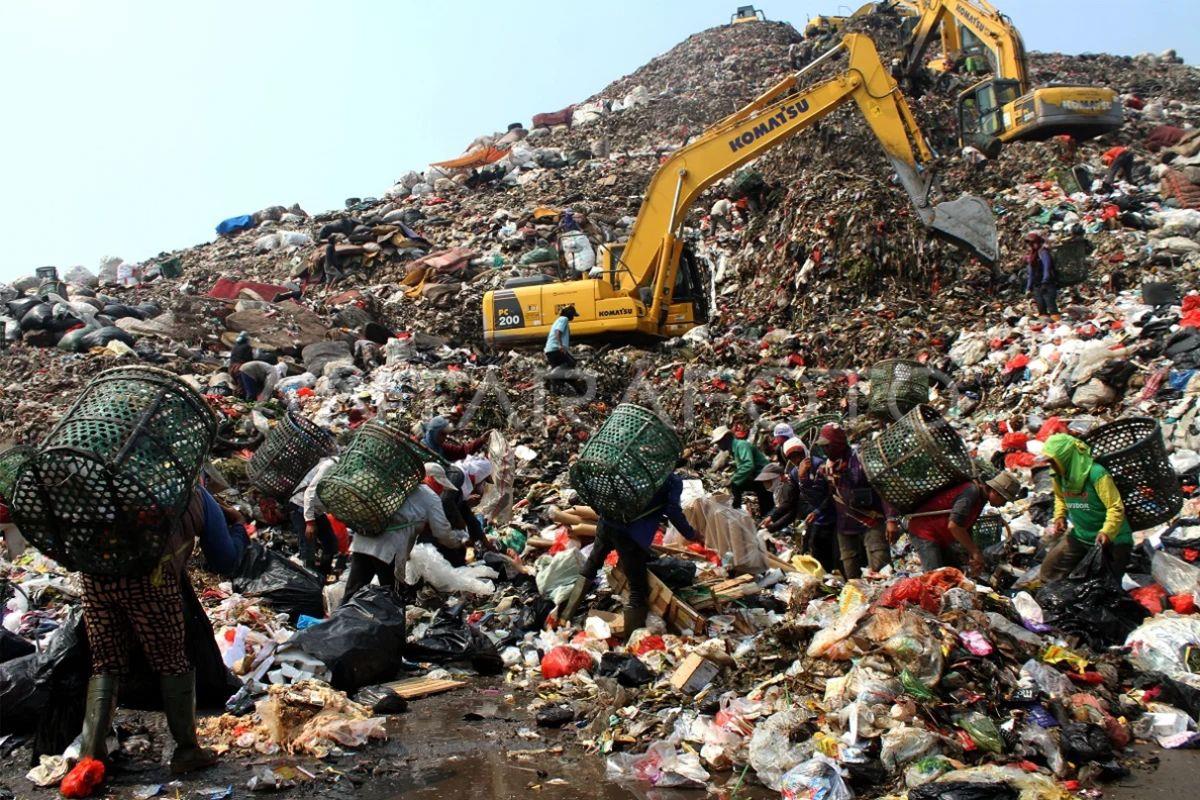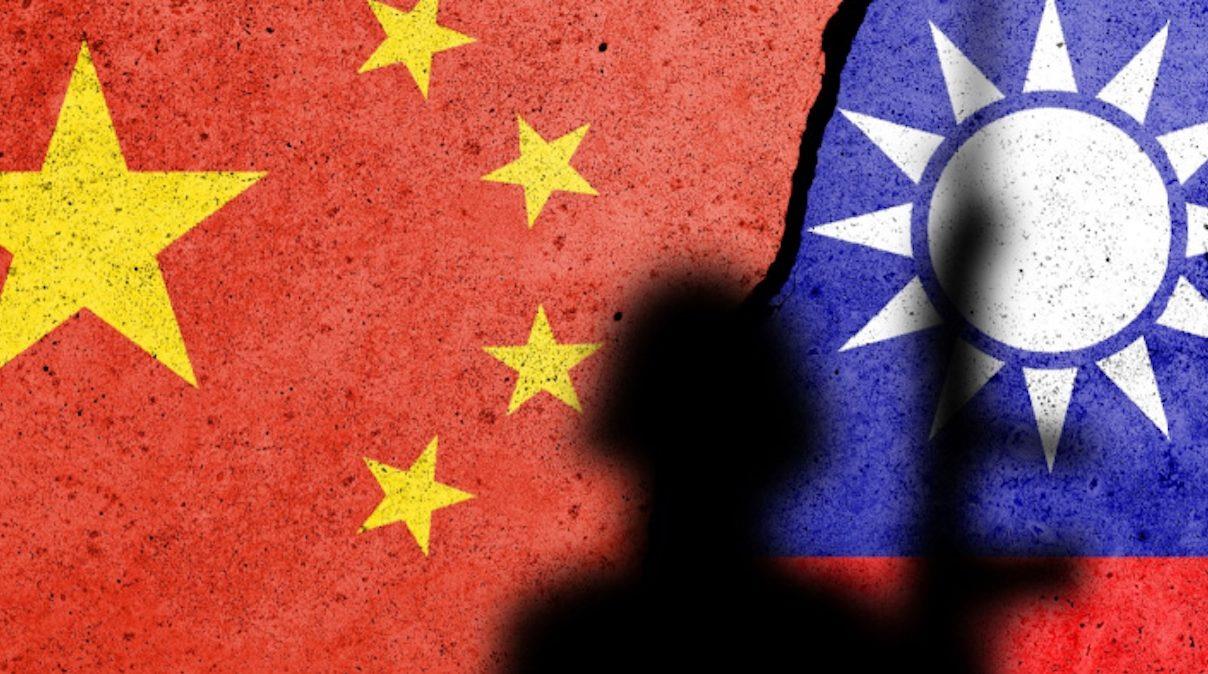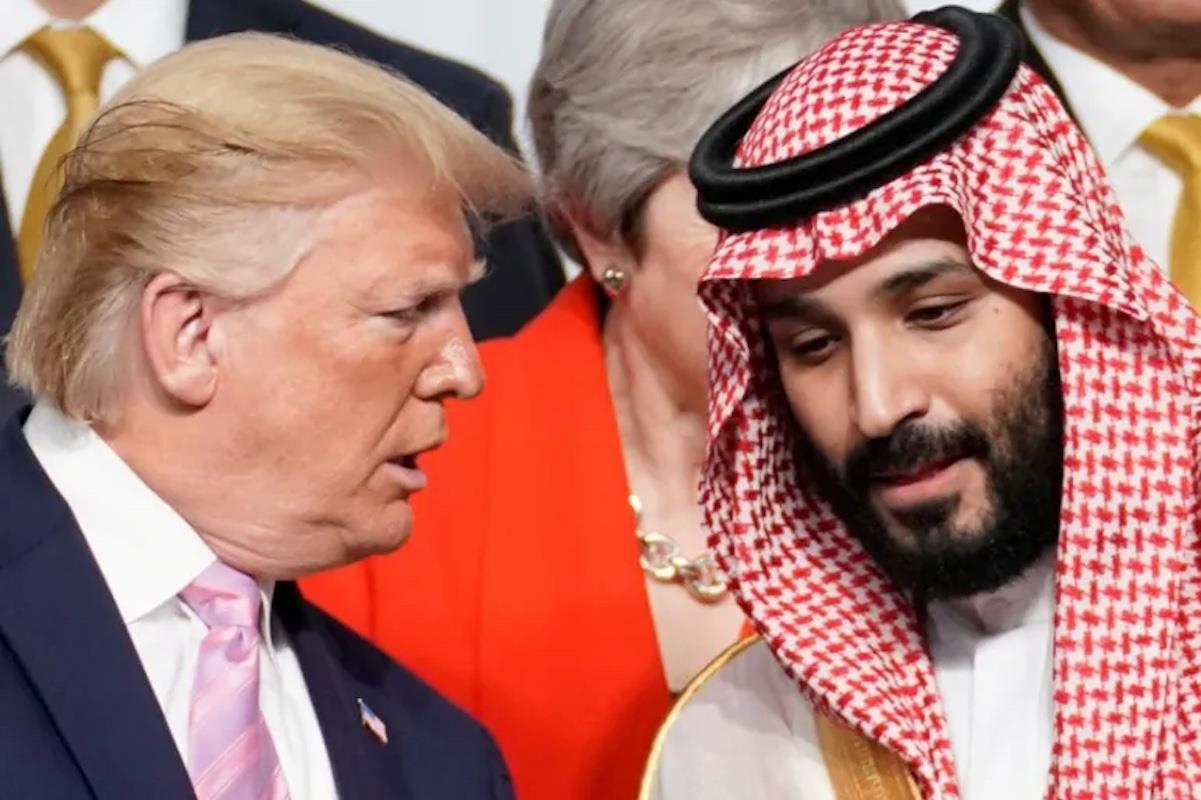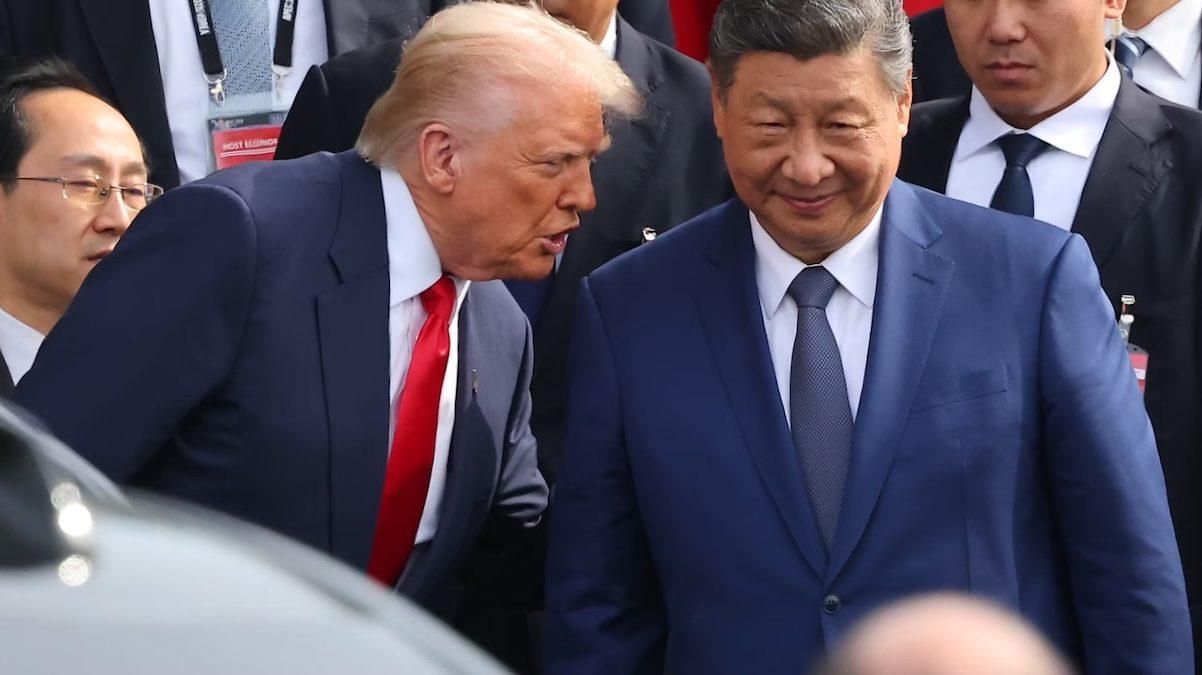
Trump's G-2 Riff Ripples Through An Uneasy Global South
Within days, Donald Trump, fresh from his summit with China's President Xi Jinping, triumphantly declared on Truth Social:“My G2 meeting with President Xi of China was a great one for both of our countries. This meeting will lead to everlasting peace and success. God bless both China and the USA.”
It was a short message but a historic one. For the first time, an American president publicly used the term “ G2”, signaling not only a rapprochement with Beijing but top-most acknowledgement of the end of the unipolar world order long dominated by the United States.
In his interview, Wong described today's world as“a great transition to a multipolar world, a post-American order.” He noted that while the US remains a major power, its“ability and sometimes willingness to shape global initiatives is no longer guaranteed.”
“The reality,” he said,“is that America is stepping back from its role as global insurer and no one else can yet take that place.” That vacuum, he warned, would inevitably produce instability, fragmentation and competing spheres of influence.
And yet, even as the Singaporean leader called for“collective responsibility and renewed multilateralism”, Washington's new posture under Trump seems to be steering in the opposite direction toward a world of dual power rather than shared governance .
Trump's latest statement is more than diplomatic optimism. It marks a philosophical departure from decades of US foreign policy that viewed China as a rival, threat or challenger to the Western-led order.
By calling it a“G2 meeting,” Trump essentially recognized Beijing as an equal power, not merely a competitor – a partner entrusted with shared responsibility for global leadership.
Latest stories
Indonesia bets big on powering trash – at the risk of wasting cash

The next war we already saw: Taiwan

Time for US to ditch its Saudi alliance
Soon after, US Secretary of War Pete Hegseth reinforced this new tone, writing:“The relationship between the United States and China has never been better. As President Trump said, his historic 'G2 meeting' set the tone for everlasting peace and success for both countries... Peace through strength, mutual respect and positive relations.”
The statement came just after Hegseth's own meeting in Malaysia with China's Defense Minister Admiral Dong Jun, where both sides agreed to establish“military-to-military channels to deconflict and de-escalate any problems that arise.”
Taken together, these words read less like diplomacy and more like a joint declaration of co-management of the world's future.
For years, the United States labeled China a“strategic threat.” Republican hawks built entire campaigns around“anti-China” rhetoric, from trade wars to tech bans and“decoupling” narratives.
Now, Trump himself, once the architect of those tariffs, seems to be pivoting toward partnership, describing the US-China relationship as one of“everlasting peace and success.”
If this tone continues, anti-China populism, once the most powerful weapon in US electoral politics, may soon fade from the campaign trail. And with it, the very foundation of America's bipartisan consensus on China could begin to erode.
Wong's Singapore, positioned at the intersection of trade and great-power competition, reads these signals with sober clarity.“The global system we knew is changing structurally, not temporarily,” Wong said.“Stability cannot be assumed.”
He cautioned that as America retrenches, more nations will“take on greater responsibility for their own security and resilience” a development that could weaken global coherence.
“There is no going back once that happens,” he added.
Still, Wong expressed cautious optimism:“Multipolarity can foster new forms of cooperation, provided nations stay open and pragmatic.”
That pragmatism has long defined Singapore's diplomacy. Yet even its famed neutrality may soon be tested if Washington and Beijing formalize a“G2 framework” that divides global influence rather than sharing it through multilateral institutions.
A bipolar, not multipolar, worldIf Trump's“G2” vision takes hold, the future may not be the multipolar one Wong envisions of ASEAN, Europe and the Global South balancing global power. Instead, it may evolve into a bipolar order: two superstates co-managing global affairs while regional blocs are left to adapt or align.
That would be a world neither unipolar nor truly multipolar but a form of“managed dual hegemony.”
For the United States, this means redefining greatness not as dominance, but as partnership with an equal. For China, it signifies legitimacy not as a challenger, but as co-leader.
As Wong put it,“We are in an uncomfortable position... and we must brace ourselves for more turbulence ahead.” His words could now apply not only to small states like Singapore, but to the entire global community navigating between two giants.
Even Washington's hawks may need to recalculate. Figures like Secretary of State Marco Rubio, once among the fiercest anti-China voices in Washington, will either have to pivot dramatically or face replacement in an administration rewriting the ideological playbook of the Republican Party itself.
The emerging bipolar world will also test Europe's strategic autonomy. Will the EU position itself as a balancer between the two poles, or risk becoming a subordinate partner in a US-China condominium? For the rest of the world, particularly Asia, Latin America and Africa, alignment choices may grow narrower even as economic opportunities expand.

Sign up for one of our free newsletters
-
The Daily Report
Start your day right with Asia Times' top stories
AT Weekly Report
A weekly roundup of Asia Times' most-read stories
For Vietnam, the shift may at first seem advantageous. Hanoi, now a comprehensive strategic partner of both Washington and Beijing, could see enhanced security leverage and diplomatic flexibility in a stable G2 order.
Yet beneath that surface lies an existential question: When one of the two giants in the G2 eventually loses ground, who will rise to fill the vacuum or will that moment give birth to a new“G3”?
Vietnam, unlike Singapore, lacks the domestic capacity for autonomous strategy from industrial foundations to technological self-reliance. In a messy global transition like this, such structural weakness could make the country more vulnerable to external pressure than ever before.
And as history shows, whenever great powers renegotiate the global order, human rights in small authoritarian states tend to worsen first. In Vietnam's case, as elite anxieties deepen amid uncertainty, repression will likely intensify, justified under the familiar banners of“security,”“stability” and“national interest.”
Wong warned,“No one can tell how this transition will unfold. It will be messy and unpredictable.”
The G2 handshake between Trump and Xi may mark the beginning of a new era, but whether it brings shared peace or renewed rivalry will depend on how long the world's two“big brothers” can walk hand in hand before reaching for the same throne.
Nguyen Ngoc Nhu Quynh, known as Mother Mushroom, is a Vietnamese writer and human rights commentator based in Texas, United States. She is the founder of WEHEAR, an independent initiative focusing on Southeast Asian politics, human rights and economic transparency.
Sign up here to comment on Asia Times stories Or Sign in to an existing accounThank you for registering!
An account was already registered with this email. Please check your inbox for an authentication link.
-
Click to share on X (Opens in new window)
Click to share on LinkedIn (Opens in new window)
LinkedI
Click to share on Facebook (Opens in new window)
Faceboo
Click to share on WhatsApp (Opens in new window)
WhatsAp
Click to share on Reddit (Opens in new window)
Reddi
Click to email a link to a friend (Opens in new window)
Emai
Click to print (Opens in new window)
Prin

Legal Disclaimer:
MENAFN provides the
information “as is” without warranty of any kind. We do not accept
any responsibility or liability for the accuracy, content, images,
videos, licenses, completeness, legality, or reliability of the information
contained in this article. If you have any complaints or copyright
issues related to this article, kindly contact the provider above.


















Comments
No comment